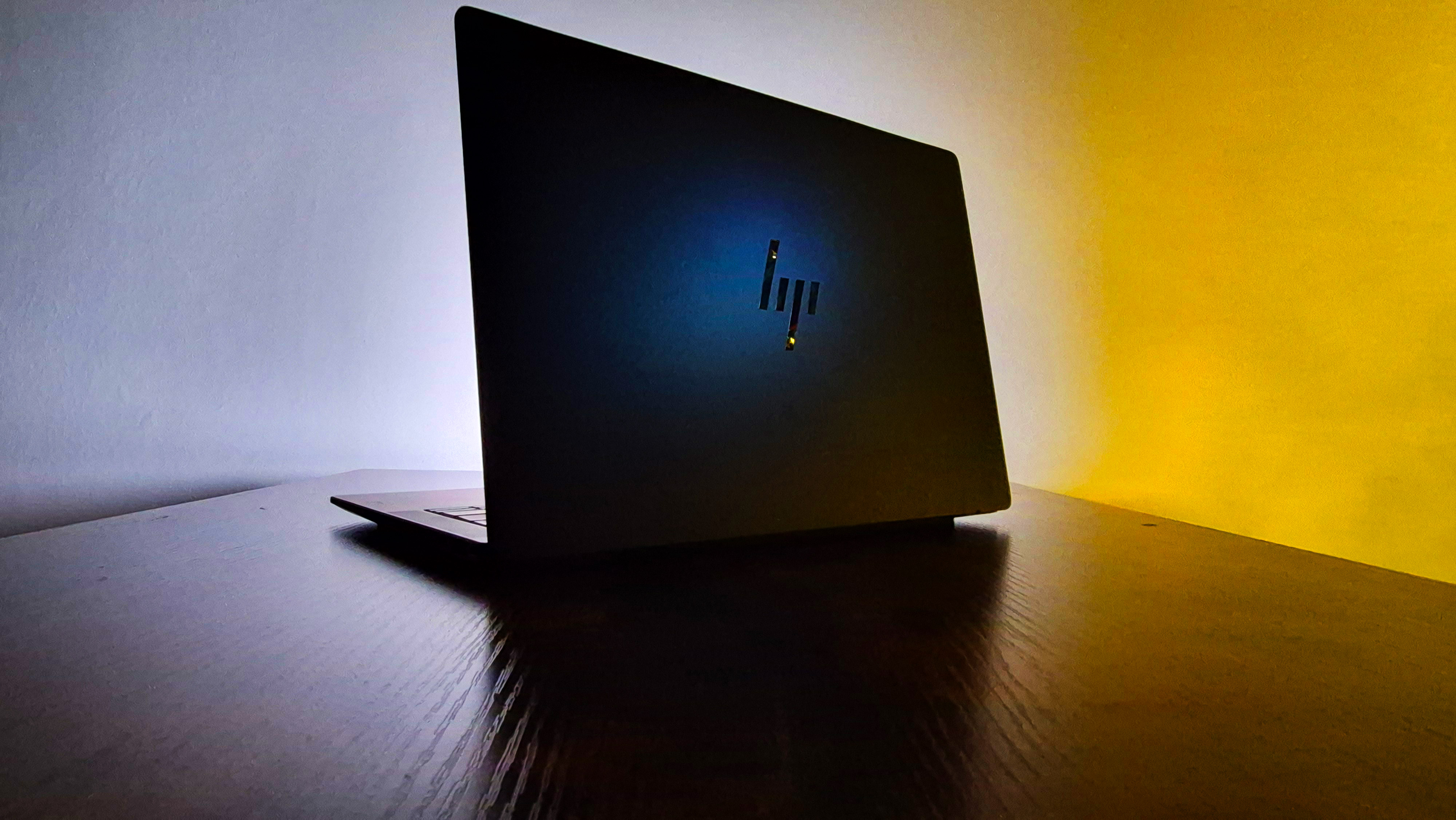Focus on... Storage
What do IT decision makers need to consider when it comes to choosing the right type of storage for business?

At a time when global monetary concerns are affecting all sizes of business, making improvements to your IT arrangements can be daunting. It is important to make the right decisions, and at the right time, to help the company go from strength to strength and emerge from the bleak times even stronger.
One area for consideration is choosing the right storage. But this is often easier said than done.
Here are our top 10 tips to guide you through the storage decision-making process.
1) Fit for purpose
Bigger companies will require bigger storage facilities, and are more likely to consider a storage area network (SAN), but these are very expensive. If you are a small or medium sized business (SMB) you may not need something of this size and would perhaps be better off looking into other solutions that cater for your specific business needs.
2) Be realistic
While experts can provide guidance on the best solution for your needs, only you are the true expert about how central a role data storage will play in your business going forward. There is no point in dreaming about what you aspire to be as a business with no real basis - that could well end up with storage money down the drain.
Sign up today and you will receive a free copy of our Future Focus 2025 report - the leading guidance on AI, cybersecurity and other IT challenges as per 700+ senior executives
"When it comes to storage it is horses for courses. If you are a very small company all you may need to do is back up everything on tape and lock it away at night," said Rene Millman, an analyst at Gartner.
He added: "Look towards network attached storage and don't go straight for the storage area network. As your company grows so can your storage solutions."
3) What's the point?
The next question you need to ask yourself is why are you buying the storage? The type of information you are storing will affect the type of storage you need. Figure out whether you will be storing email, a shared drive, particular apps or even a database and this will influence the choice you make. It sounds obvious, but it's a key area of decision making easily over looked.
4) Size matters
Make sure that the size of storage you are buying is what you need now. For many years the price per gigabyte has been getting cheaper and it is unlikely to change any time soon. This means additions can be made if needs be in the future but your business suffers no wastage in the short term. 5) Five-year plan
While you should ensure your storage meets your current needs without waste, you should also be able to predict what you will need storage-wise in the next two to three years. In essence, your storage growth should be clearly pinpointed on some kind of policy roadmap.
Jennifer Scott is a former freelance journalist and currently political reporter for Sky News. She has a varied writing history, having started her career at Dennis Publishing, working in various roles across its business technology titles, including ITPro. Jennifer has specialised in a number of areas over the years and has produced a wealth of content for ITPro, focusing largely on data storage, networking, cloud computing, and telecommunications.
Most recently Jennifer has turned her skills to the political sphere and broadcast journalism, where she has worked for the BBC as a political reporter, before moving to Sky News.




